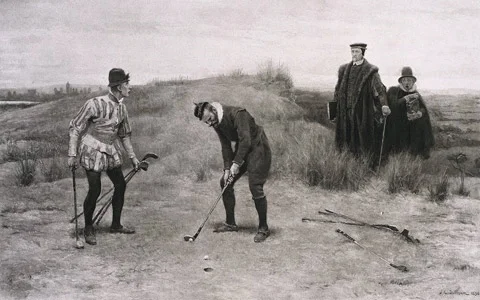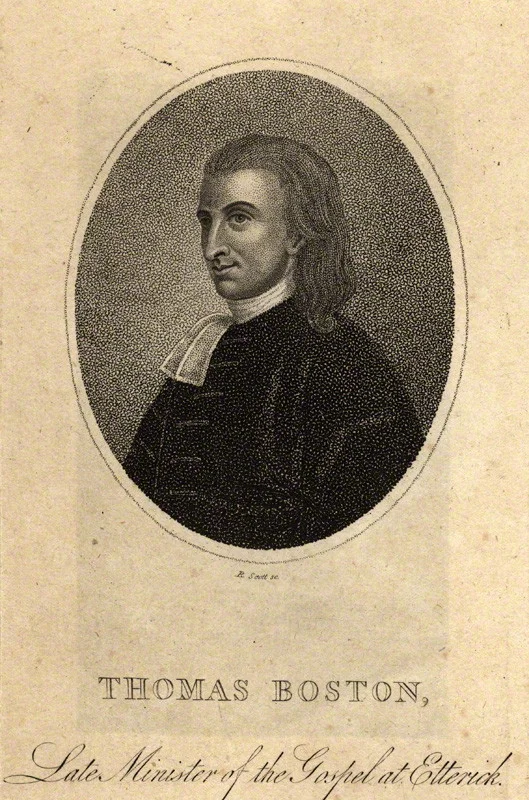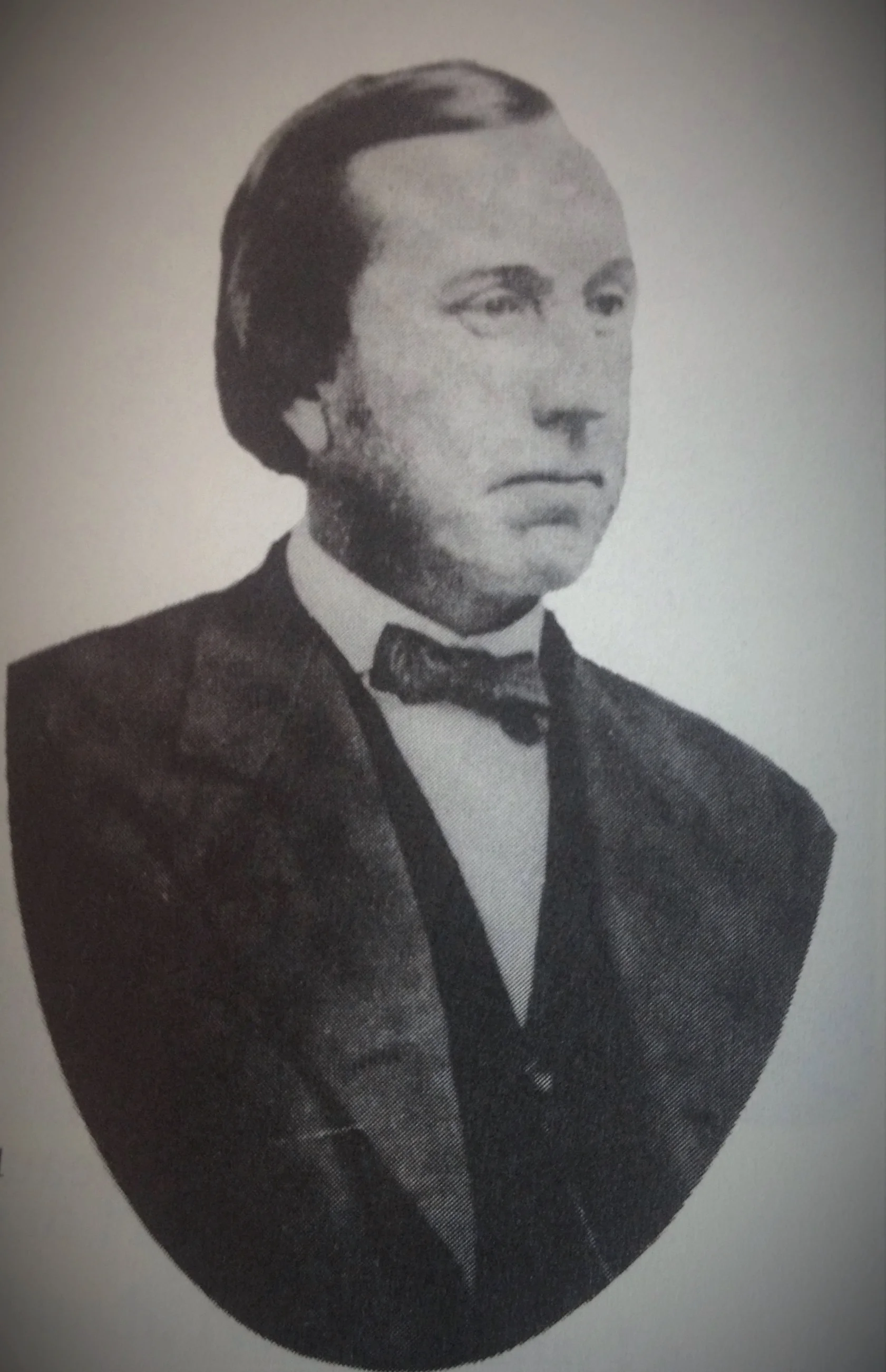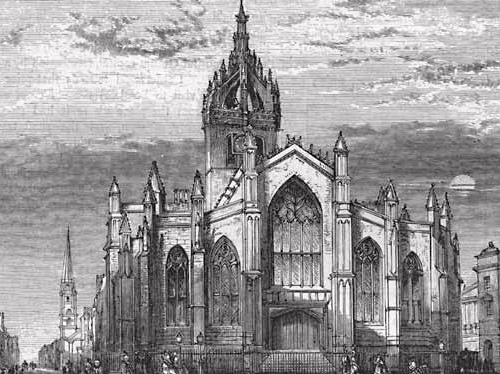WORKS ON WORSHIP:
Preface to the Bay Psalm Book.-1640-Richard Mather (1596-1669).-An essay affixed as a preface to the Bay Psalm Book (1640), almost certainly the work of Richard Mather (one of the translators), explaining the philosophy of translation employed together with reason why literalism is to be preferred over smoothness in metrical psalmody.
An Ordinance of Parliament for the taking away the Book of Common-Prayer, and for the establishing and putting in execution of the Directory for the Public Worship of God.-1644-The Parliament.-This is the official Act for removing the Book of Common Prayer and establishing the use of the Westminster Directory for Public Worship throughout England and Wales.
An Ordinance of the Lords and Commons Assembled in Parliament, for the further demolishing of Monuments of Idolatry and Superstition.-1644-The Parliament.-An Act authorizing the removal of all things which violate the Scriptural, or Regulative, principle of worship from all houses of worship throughout England. This included all the liturgical garb, furniture pictures of Jesus or the Trinity together with the removal of all musical instruments.
The Directory for the Publick Worship of God.-1645-Westminster Assembly.-This is the directory given for attaining covenanted uniformity in the matter of the public worship of God. It includes directions for ordinary worship and those extraordinary times to be observed or ordered for the glory of God.
Singing of Psalms a Gospel-Ordinance.-1650-John Cotton (1584-1652).-An excellent treatise on Psalm singing by an eminent New England Puritan. Cotton gives a good overview for the arguments for only singing Psalms together with a spirited defense of the use of metrical psalmody.
Public Worship to be Preferred Before Private.-1696-David Clarkson (1622-1686).-Clarkson explains why public worship is more important than private worship without dismissing the need for the latter.
An Essay Upon the Sacred Use of Organs in Christian Assemblies.-1713-Anonymous.-A very instructive essay which explains the rise of the use of musical instruments and the reason their use was discontinued in the best Reformed churches.
Prelacy an Idol and Prelates Idolaters:-1713-James Fraser [of Brae] (1639-1699).-A devastating critique of prelacy and all of its attendant evils and corruptions.
An Answer Unto Two Questions: With Twelve Arguments Against Any Conformity to Worship Not of Divine Institution-1720-John Owen (1616-1683).-This is a devastating attack on conformity to any worship that involves a violation of the Regulative Principle (e.g., hymn singing, instrumental music, holy days, etc.). To know better and to participate is far worse than violating the law in ignorance.
A Sermon on Proverbs 19:27.-1794-John Anderson.-A sermon which explains what happens when men are given over to hearing the ministrations of erroneous teachers. Anderson discusses the doctrines and practical reasons for maintaining confessional integrity by avoiding sectarian ministers or ministers not of one’s own communion.
Free Thoughts on the Religious Celebration of the Funeral of the Princess Charlotte.-1817-Thomas McCrie.-Taking occasion of some controversy over Antiburgher minister Andrew Thomson’s refusal to open his meeting house for religious celebration on the set day for the funeral of Princess Charlotte, McCrie defends the position of the Scottish church against religious ceremonies and sermons attending funerals. Of special interest is McCrie’s citations of the Dutch and French churches in support of the Scottish church.
Ancient Usage in Praising God.-1838-Anonymous.-An article from The Reformed Presbyterian Magazine defending the practice of lining of the Psalms when they are sung in congregational settings as the most ancient usage of the church.
Ministerial Support.-1838-Anonymous.-Recognizing that tithing is part of the Old Testament ceremonial law does not mean that ministers of the Gospel under the New Testament ought not to receive compensation. The New Testament minister has a rightful claim to a portion of the income of members of the church. When monetary collections form not part of New Testament worship, it is a moral obligation to lay up for ministerial support.
The Publication of the Banns of Marriage.-1840-Anonymous.-This article from the May, 1840, issue of the Reformed Presbyterian magazine shows that the proclamation of marriage banns was a concern of the “Old Light” Reformed Presbyterian Church prior to the division of June, 1840. Not only is this a matter of our covenanted uniformity, it is shown, in this article, to be a matter of deep moral interest to both church and civil society that marriages be conducted publicly and with the approval of ecclesiastic or civil authority.
The Psalms of Holy Scripture, the Only Songs of Zion, an Appeal to the Churches in Behalf of this Ordinance of God.-1840-Donald Campbell McLaren.-An excellent primer on the subject of Psalmody wherein the author painstakingly explains why only the inspired Book of Psalms should be used in the worship of God.
Reasons of dissent from the Act of Synod rescinding the Act, which ordered the Congregations to read the lines in the public singing of the praises of God.-1847-James Renwick Willson.-Dissent over the allowance of the Synod of 1847 dispensing with the necessity of lining of the Psalms in the public worship of God.
Review of Ralston’s Inquiry.-1848-John T. Pressly.-This is Pressly’s spirited response to Ralston’s attack on those who only sing Psalms in the worship of God. Pressly examines his claims to a divine warrant for making and using hymns of human composure in worship.
A Catechism on Praise.-1849-Alexander Blaikie (1804-1885).-An Associate Reformed Presbyterian minister defends the practice of a cappella psalmody by way of catechetical exercises.
Protest Against the Use of Instrumental Music in the Stated Worship of God on the Lord’s Day.-1851-Robert J. Breckinridge (1800-1871).-A Southern Presbyterian decries the use of organs in Presbyterian churches and vows never to speak in a church that has one. He discusses the theological reasons for holding to a strict non-instrumentalist position.
A Reply to Morton on Psalmody: To Which is Added A Condensed Argument for the Exclusive Use of an Inspired Psalmody.-1851-Robert J. Dodds (1824-1870).-This is the last salvo in a series of 19th century books on the war over exclusive psalmody amongst various groups of Presbyterians. Dodds takes up the cause of God and truth against hymn singer George Morton and examines the merits of his criticisms on John T. Pressly’s work on behalf of Psalmody.
The Posture of Prayer, or God to be Worshipped with the Body as well as the Mind.-1851-Isaac Todd (1787-1886).-Todd, who pastored the Presbyterian churches in Troy, PA, and Hollmanville, NJ, discusses the proper posture to be assumed in the public prayer of the church and why together with notes on various postures that may be used by the people of God.
Occasional Communion.-1852-Anonymous.-An article which appeared in the Covenanter Magazine, edited by J.M. Willson, which defends the practice of confessional communion against the lax and latitudinarian practices creeping into the church.
Occasional Hearing.-1852-Anonymous.-An article which appeared in the Covenanter Magazine, edited by J.M. Willson, which explains why confessional communicant members of the RP church should not attend the ministry of the Word by sectarian ministers outside of the church.
An Apology for the Book of Psalms, in Five Letters.-1852-Gilbert McMaster.-A comprehensive view of the benefits of the use of the Psalms in the worship of God together with the importance of retaining them in order to bring genuine ecclesiastical union and communion.
Liturgies, Instrumental Music and Architecture.-1855-Thomas E. Peck (1822-1893).-This article was written to explain why it is that Presbyterians reject pomp and circumstance in the worship of God. It is a helpful overview of the issue of liturgies, music instruments and the often little considered matter of church architecture.
General Principles Touching the Worship of God.-1855-Thomas E. Peck (1822-1893).-Another essay examining the Regulative principle of worship and addressing the issue of musical instruments in more detail.
Evils in the Churches No. 6—Services at the Burial of the Dead.-1859-Anonymous.-This article discusses many of the practices that have crept into Presbyterian churches regarding the burial of the dead. The anonymous author writes in support of the provisions of the Westminster Directory and against these evils.
Discourse on Scripture Psalmody in Praising God; and Against Instrumental Music in Public Worship.-1859-Hugh Brown.-Two discourse on purity of worship. The first examines and defends the exclusive use of the inspired Psalms in the praise of the church; the second explains why the use of instrumental music in the worship of God is not warranted under the New Testament.
Ancient and Modern Mode of Singing the Psalms.-1862-Anonymous.-An article from The Associate Presbyterian, an North American Anti-burgher Seceder magazine, which canvasses the history of psalm singing in an effort to determine the mode in which the church has always sung Psalms.
The Organ Question.-1868-W. Robertson.-This pamphlet is the substance of two lectures given in connection with the agitation by some in order to introduce an organ into the worship of God. In 1873, five years after these lectures, the pro-organ party carried the day and an organ was introduced into the worship of Coupland Street United Presbyterian Church, Manchester, England. Mr. Robertson’s work is a testimony against this outrage.
The Dedication of Churches.-1869-Anonymous.-An excellent short article on the practice of dedicating churches which speaks to some of the reasons adduced as well as explaining why Reformed Presbyterians do not use this rite.
A Discourse on Instrumental Music in Public Worship.-1871-Robert Johnson (1810-1879).-A extremely well reasoned defense of the anti-instrumentalist position in which he engages several well known objections and examines the plausibility of the arguments of those who would introduce these instruments into the worship of God.
Are Hymns Idols?-1874-Anonymous.-An article taken from the Reformation Advocate magazine which asks a much needed question about hymns and why they are so difficult for people to abandon in order to sing the inspired 150 Psalms collected in the Bible’s hymnal.
The Discretionary Power of the Church.-1875-John L. Girardeau (1825-1898).-This sermon expounds upon the Regulative principle and its necessity in the life of the church especially in the exercise of ecclesiastical power.
Continuous Singing in the Ordinary Public Worship of God,-ca. 1885-David Steele.-A defense of the practice of lining in the singing of the Psalms. Mr. Steele explains how the principle of charity ought to work in the public worship of the church.
Dedication of Churches.-1885-Thomas Sproull.-A short examination of the unbiblical and anti-confessional practice of dedicating of church buildings. Sproull gives a short series of reasons for rejecting this as a relic of popery and unreformed.
Exposition of the Psalms.-1887-Thomas Sproull.-An excellent lecture on the practice of giving an exposition to the Psalms that are sung in the congregation. In this exercise, the first Psalm to be sung in congregational worship was usually chosen for an extended exposition that sometimes lasted as long as the sermon (from 20 minutes to nearly an hour). In this way, people are encouraged to sing with the understanding as well as the Spirit.
Girardeau’s “Instrumental Music in the Public Worship of the Church.”-1888-Robert L. Dabney (1820-1898).-A review wherein Dabney not only praises Girardeau’s book but he adds a number of keen observations and insights into why instrumental music should be kept out of the public worship of God.
Instrumental Music in the Public Worship of the Church.-1888-John L. Girardeau (1825-1898)-This is one of the more thorough discussions of the question of the use of musical instruments in the worship of God.
The Worship of the Church.-ca. 1890-Thomas E. Peck (1822-1893).-Outlines and notes from class lectures on the principles of worship with some considerations on the theological underpinnings of the Regulative Principle of Worship.
Moral Obligation of the Tithe.-1890-Thomas E. Peck (1822-1893).-A Southern Presbyterian discusses the question of tithing and demonstrates that the tithe is connected to Old Testament usages which have been abolished with the coming of the Gospel.
The Scriptural Doctrines Violated by Ritualism.-1895-James Kerr.-An address given in 1894, at the National Protestant Congress, warning that ritualism in worship is contrary to the Regulative principle and subversive of Protestant doctrine.
The Case Against the Choir.-1896-J. M’N.-An article from the Free Presbyterian Magazine that explains why Protestants, especially Presbyterians, should eschew the use of choirs in the worship of God.
Ten Reasons Why the Associate Reformed Presbyterian Church Adheres to the Exclusive Use of the Inspired Psalter in the Worship of God.-1900-John T. Chalmers (1860-1902).-Mr. Chalmers explains the principles, merit and authority behind the exclusive use of the Psalms in the public worship of the people of God in easy to understand language and drawing clear conclusions.











































![The sin and danger of countenancing the administrations of erroneous teachers pointed out : [in] a sermon preached at Chartiers, in the county of Washington, Pa.](https://images.squarespace-cdn.com/content/v1/5519d094e4b08a0cc608b841/1463788735119-WZAL8JNTX5R2370IF3T6/JohnAnderson.jpg)




















































